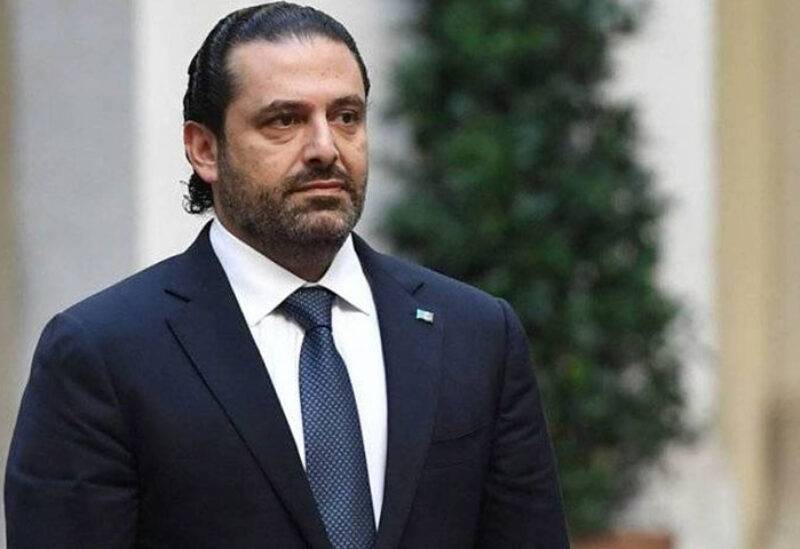
Hariri
The press office of Prime Minister-designate, Saad Hariri, issued Thursday the following press release:
“Al-Akhbar newspaper published today an article saying that the President of the Republic Michel Aoun told the Director General of General Security Major General Abbas Ibrahim that he would settle for nominating five ministers in addition to the Minister of the Tashnag party in a government of 18 ministers. The article added that he insisted in return to obtain the interior portfolio, and that MP Gebran Bassil will refrain from granting the government confidence. It also said that the surprise came when Prime Minister- designate Saad Hariri rejected Aoun’s proposal, and explained it by saying that Prime Minister Hariri does not want to form a government before obtaining the approval of Saudi Arabia.
In this regard, the Press office of Prime Minister-designate Hariri would like to clarify the following:
First: Prime Minister Hariri did not receive any official comments from President Aoun in this regard, which means that those who leaked the information only aim to transfer the accusation of obstruction from President Aoun and MP Bassil to Prime Minister Hariri.
Second: Prime Minister Hariri, and unlike Hezbollah who always awaits his decision from Iran, is not waiting for the approval of any external party to form the government, neither Saudi Arabia nor anyone else. Rather, Hariri is awaiting President Aoun’s approval on the government of specialists’ lineup, with the alterations that Prime Minister Hariri proposed publicly in his speech that was transmitted live on February 14, and not through press leaks, as seems to be the case today.
Third: The conformity of the newspaper interpretation of the alleged rejection of Prime Minister Hariri, with the comments of the Deputy Secretary-General of Hezbollah Sheikh Naim Qassem in his television interview yesterday, and its appearance in “Al-Akhbar newspaper” specifically today, reinforces the impression that Hezbollah is among the parties attempting to throw the responsibility on Prime Minister Hariri, and that it is maneuvering to prolong the government vacancy, while waiting for Iran to start its negotiations with the new American administration, holding Lebanon’s stability as one of the cards for this negotiation.
Fourth: While emphasizing that no one, neither General Ibrahim nor anyone else, has informed Prime Minister Hariri that he is officially mandated by the President of the Republic to transmit an offer to him, the question remains: If the Free Patriotic Movement bloc will withhold confidence and oppose the government, then what justifies that the president of the republic obtains a third of the government’s members (five plus one out of 18), as claimed by those behind the news leak, at a time when President Aoun himself refused, under former President Michel Sleiman’s mandate, that the president of the republic should have any minister in the government, if he does not have a parliamentary bloc that will contribute to granting it confidence and support?
Fifth: If the Free Patriotic Movement’s decision is really to withhold confidence and oppose the government, then why did the head of the movement block the formation of the government for five months before announcing his position, contrary to what the President of the Republic had committed to in order to justify the six portfolios out of 18 in his pursuit of the blocking third?
Finally, Prime Minister Hariri reaffirms his commitment to the governmental standards from which he started upon the designation, whether in terms of numbers or with regard to the non-partisan specialists criterion. He considers that the commitment to the French initiative converges with the popular demands calling for a government capable of facing the socio-economic and financial repercussions in addition to curbing the collapse of the Lebanese Pound and opening the way to serious reforms that can stop the current crisis.”